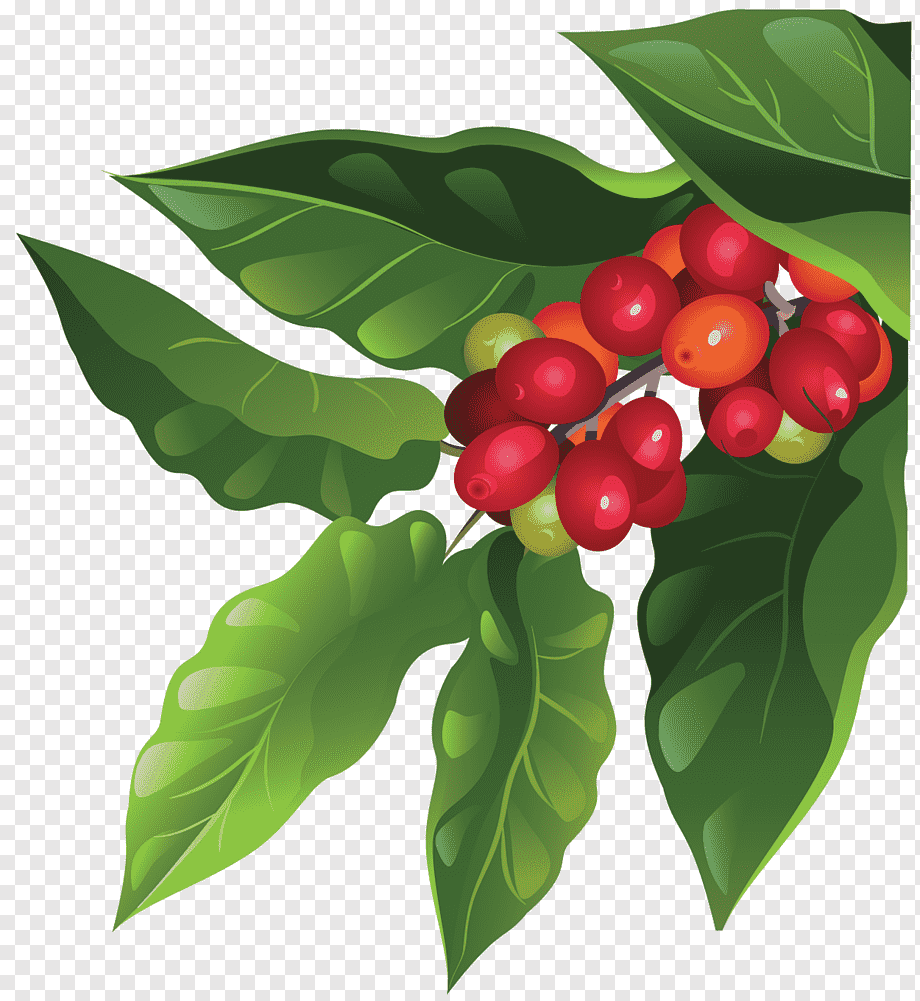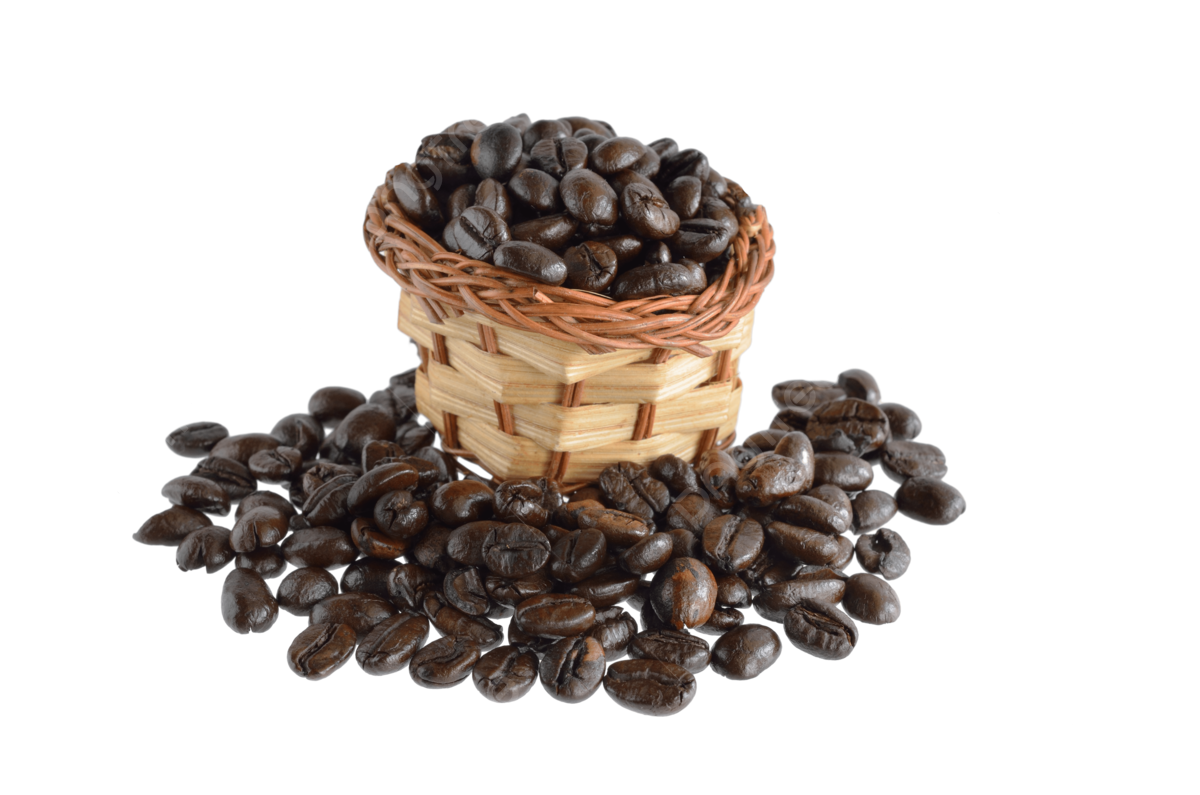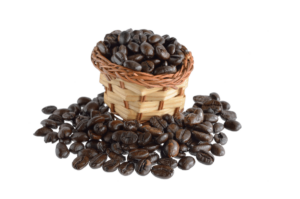Description
ABC Plantations Coffee Arabica
ABC Plantations Coffee Arabica is grown at high altitudes in regions with a tropical climate, such as Central and South America,
Africa, and Asia. Arabica beans have a smoother, sweeter, and more nuanced flavor than other coffee
types, with notes of fruit, chocolate, nuts, and caramel.
Arabica coffee is a species of flowering plant in the coffee and madder family Rubiaceous. It is believed to be the first species of coffee to have been cultivated and is the dominant cultivar, representing about 60% of global production. Coffee produced from the less acidic, more bitter, and more highly caffeinated robusta bean ABC Plantations Coffee Arabica (C. canephore) makes up most of the remaining coffee production. The natural populations of Coffea arabica are restricted to the forests of South Ethiopia and Yemen.
Coffea arabica is grown in dozens of countries between the Tropic of Capricorn and the Tropic of Cancer. It is commonly used as an understory shrub. It has also been recovered from the Boma Plateau in South Sudan. Coffea arabica ABC Plantations Coffee Arabica is also found on Mount Marsabit in northern Kenya, but it is unclear whether this is a truly native or naturalized occurrence; recent studies support it being naturalized. The species is widely naturalized in areas outside its native land, in many parts of Africa, Latin America, Southeast Asia, India, China, and assorted islands in the Caribbean and in the Pacific.[13]
The coffee tree was first brought to Hawaii in 1813, and it began to be extensively grown by about 1850 It was formerly more widely grown, especially in Kona and it persists after cultivation in many areas. In some valleys, ABC Plantations Coffee Arabica it is a highly invasive weed] In the Ahwatukee Ganarupa Forest Reserves near Kandy, Sri Lanka, coffee shrubs are also a problematic invasive species]
Coffee has been produced in Queensland and New South Wales of Australia, starting in the 1980s and 1990s.The Wet Tropics Management Authority has classified Coffea arabica as an environmental weed for southeast Queensland due to its invasiveness in non-agricultural areas.






Reviews
There are no reviews yet.